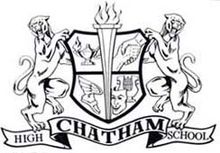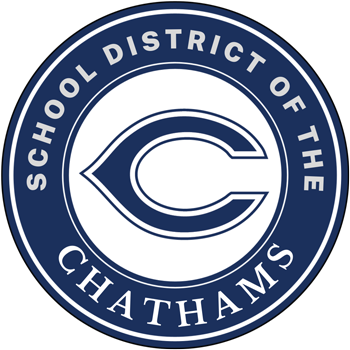Learning Support Programs Database
Hello and thank you for utilizing our summer program listing!
A few things to keep in mind when using this list:
Programs are listed alphabetically
This list is a fluid document- as the Counseling Department learns of new programs they will be updated here
This is not an exhaustive list- if there isn't a program on here that doesn't mean it doesn't exist!
A program being on this list is not an endorsement by CHS, it is important for students to research the right fit
Questions?
Contact the Program directly
Reach out to your School Counselor
Reach out to Ms. Sleight- ksleight@chatham-nj.org
Additional Information
Section 504 of the Rehabilitation Act of 1973 and the Americans with Disabilities Act of 1990 require that all colleges and universities receiving federal funds take action to meet the needs of students with disabilities, many institutions comply with these laws but lack the resources and/or philosophical commitment to go beyond only compliance.
Admissions Disclosure of Disability
Colleges that offer comprehensive programs often have separate admission procedures for LD students and require documentation of the disability at the time of application. However, if you are not applying to a formal program and will be evaluated by regular admission criteria, you will need to decide whether to disclose your disability.
By law, colleges cannot ask an applicant if they are learning disabled. If disclosed by the student, this information cannot be used to deny admission.
All 2-year and 4-year post-secondary institutions across the country can be divided into 3 categories:
1) Colleges with Comprehensive Programs
Offer the most services for students with learning disabilities. At times the criteria for admission may be more flexible than general admission requirements. Services are highly structured. There can be a fee for some of these enhanced services.
2) Colleges with Coordinated Services
Students voluntarily request accommodations in the coordinated services category, and there may be specific skills courses or remedial classes available or required for LD students who are admitted probationary or conditionally
3) Colleges with Services
Colleges and universities offering services generally comply with the federal mandate requiring reasonable accommodations to all students with appropriate and current documentation. Staff and faculty actively support students by providing basic services to meet their needs. Services are requested on a voluntary basis, and there may be some limitations as to what is reasonable and the degree of services available.

Website Resources
Association on Higher Education and Disability
https://www.ahead.org/home
Learning Disabilities Association of America
https://ldaamerica.org/
National Center for Learning Disabilities
https://www.ncld.org/
Colleges Supporting Students with Learning Disabilities
https://www.bestvalueschools.com/rankings/students-with-learning-disabilities/
College You Can Do It
https://www.washington.edu/doit/college-you-can-do-it
Going to College
http://www.going-to-college.org/index.html
Financial Aid & Scholarships for students with Learning & Attention Issues
https://www.moneygeek.com/education/college/resources/scholarship-guide-for-students-with-disabilities/https://www.ncld.org/scholarships-and-awards
